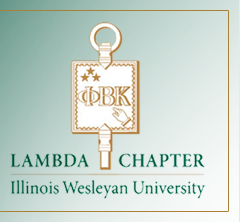Why the Right?: Evaluating Vote Choice in Rural America
Graduation Year
2018
Abstract
Why the Right? Evaluating Vote Choice in Rural America focuses on explaining the seemingly “counterintuitive” vote choices of many poor, white, rural Americans. Theoretically, one would anticipate that those with low incomes would have a vested interest in redistributive policies. In reality, however, many of these Americans do not vote for these policies or the political party that champions them, The Democrats. This idea that these residents vote against their interests is growing increasingly popular and it is often referenced in explanation of the results of the 2016 US Presidential Election. Using data from the American National Election Study and a series of 30 interviews with residents of the rural village of Arthur, Illinois, this study seeks to determine what does motivate vote choice in rural America. This study finds that attitudinal factors, such as feelings of alienation and resentment are contributors to vote choice, and that the vote choices of rural citizens do align with their expressed interests. If this is the case then, despite popular rhetoric, the vote choices of rural Americans are not in fact, counter intuitive.
Recommended Citation
Bouras, Zoe
(2018)
"Why the Right?: Evaluating Vote Choice in Rural America,"
CrissCross: Vol. 6:
Iss.
1, Article 1.
Available at:
https://digitalcommons.iwu.edu/crisscross/vol6/iss1/1


Comments
Ms. Bouras' paper was awarded University Honors and the Phi Beta Kappa Liberal Arts Scholar Award.